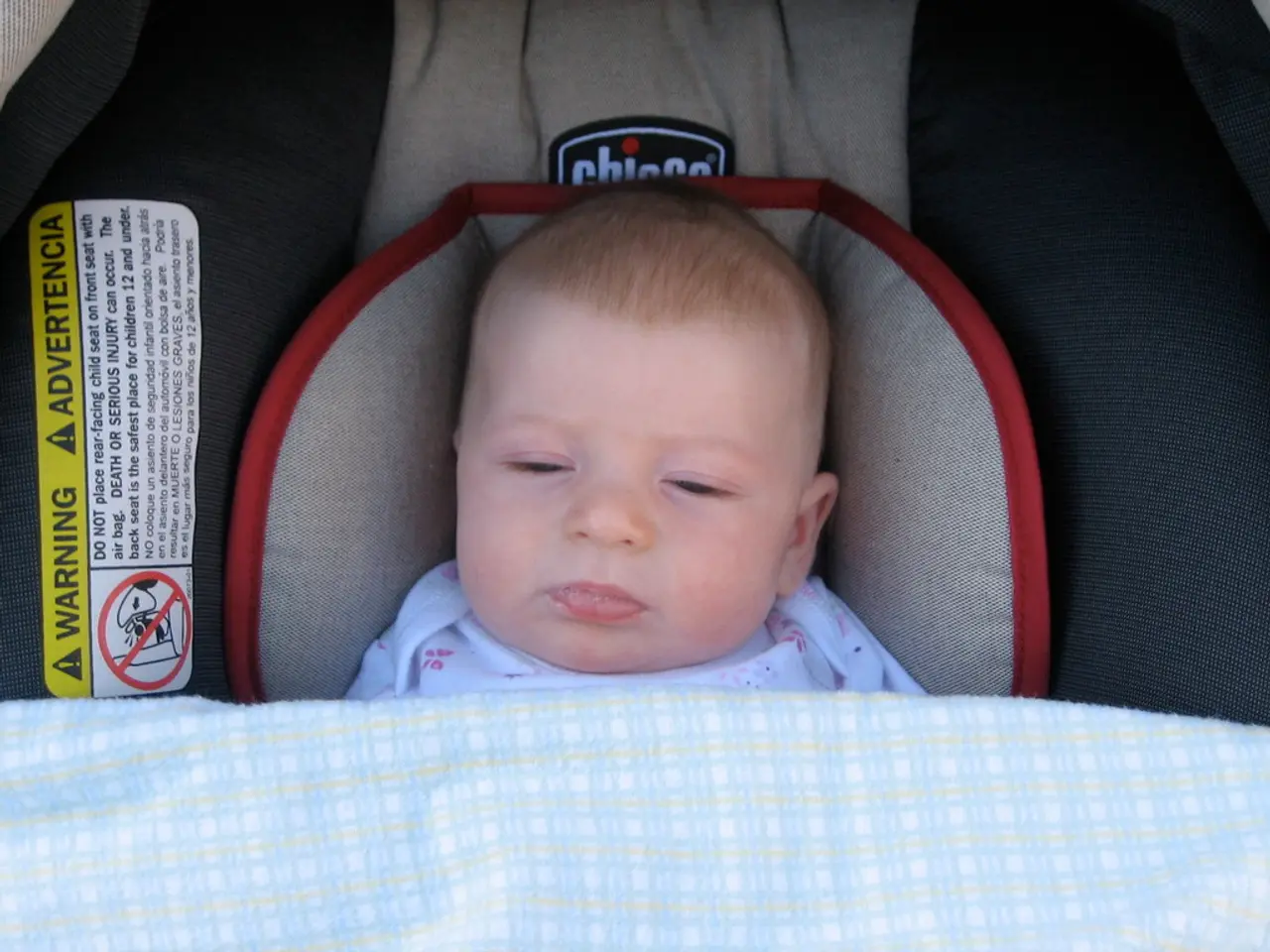Republicans pursue move to block H-1B loophole in academic settings
The "Colleges for the American People Act of 2025," a new Republican bill, has sparked wider discussions in Washington D.C. about how colleges manage international partnerships, especially sensitive research. Introduced by Representative Tom Tiffany, the bill aims to end the H-1B visa cap exemption for foreign faculty and researchers at U.S. colleges and universities.
The bill, if passed, would make all foreign hires in higher education follow the regular H-1B visa process. This could potentially impact the employment of 495 university staff members in Wisconsin who are currently employed under H-1B visas, adding up to approximately $43 million in annual salaries.
The Act emphasizes enforcing nondiscrimination in hiring without exemptions related to race, which may influence hiring processes broadly, including foreign nationals, by ensuring compliance with civil rights laws. However, there is no explicit policy or regulatory change in this Act that directly modifies the hiring, visa eligibility, or employment authorization for foreign faculty and researchers.
Related acts, such as the One Big Beautiful Bill (OBBB) Act, primarily address Pell Grants, student loan policies, workforce education programs, and athletics funding, none of which specifically affect foreign faculty hiring.
The U.S. currently issues 65,000 H-1B visas each year with an additional 20,000 for people with advanced degrees. If this new bill goes through, the exemption for colleges, universities, and certain nonprofits would go away, making foreign workers in such industries compete for visas like everyone else.
This review of Harvard University is part of a larger effort by federal agencies to take a closer look at the foreign presence in U.S. academic and research institutions. The U.S. State Department is conducting a review into Harvard University's involvement in the Exchange Visitor Program, with concerns around national security. The focus of the review is on how Harvard University handles foreign scholars and researchers coming in on J-1 visas.
President Trump is pushing for major changes to the H-1B visa process, favoring a system that prioritizes applicants based on salary and qualifications. If passed, this bill could be a step towards such changes in the higher education sector.
However, it's important to note that those who currently have H-1B visas would not be impacted by the cap and could renew them if the bill is passed. The bill has support from Representative Andrew Clyde of Georgia, and its implications on the hiring of foreign faculty and researchers at U.S. colleges and universities continue to be a topic of ongoing discussion.
- The newly proposed Republican bill, the "Colleges for the American People Act of 2025," being reviewed by federal agencies, will potentially require foreign hires in higher education to follow the regular H-1B visa process, a move that could impact the employment of many foreign faculty and researchers across the nation.
- Politics surrounding the "Colleges for the American People Act of 2025" have led to discussions about policy-and-legislation affecting foreign faculty and researchers, not just in the realms of higher education, but also in general-news contexts due to the broader implications beyond just visa issues.








